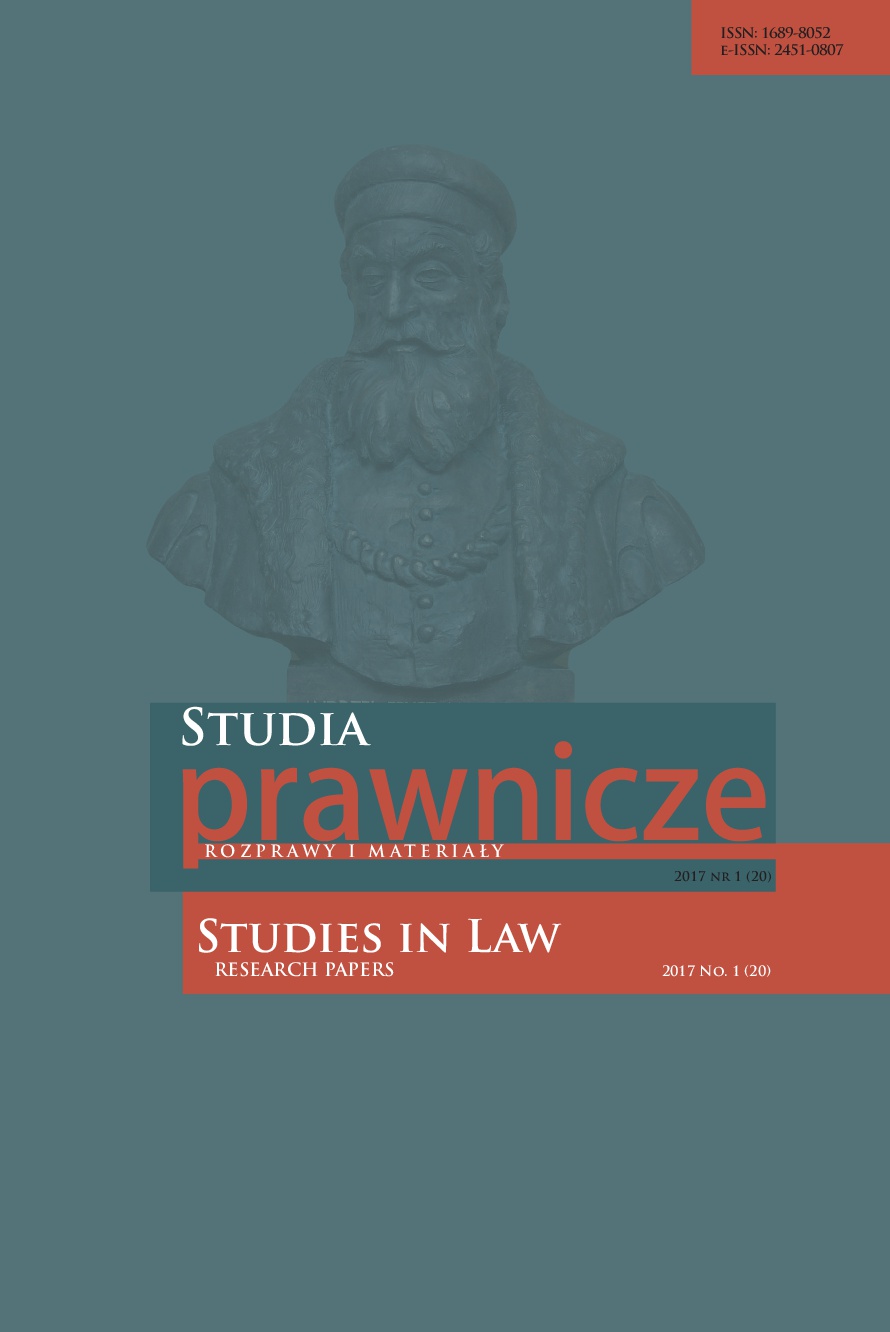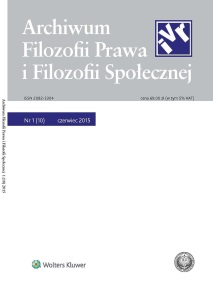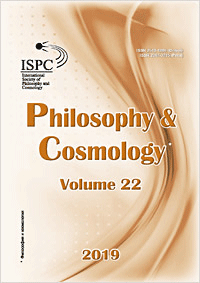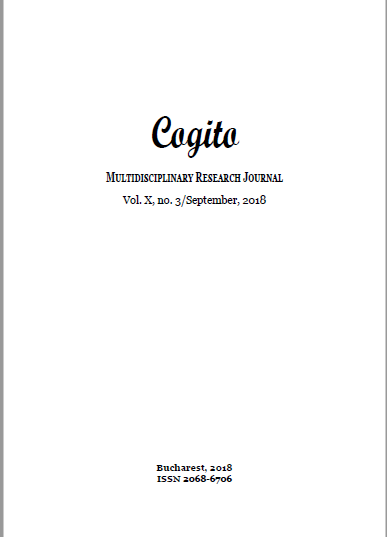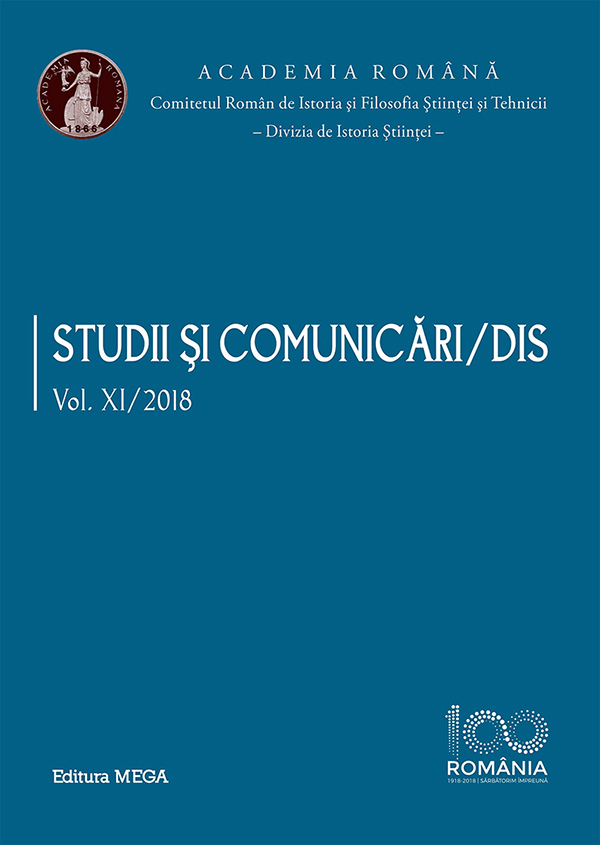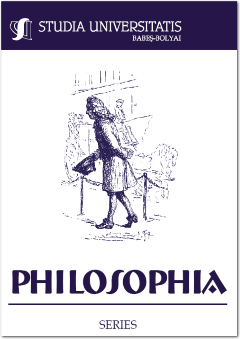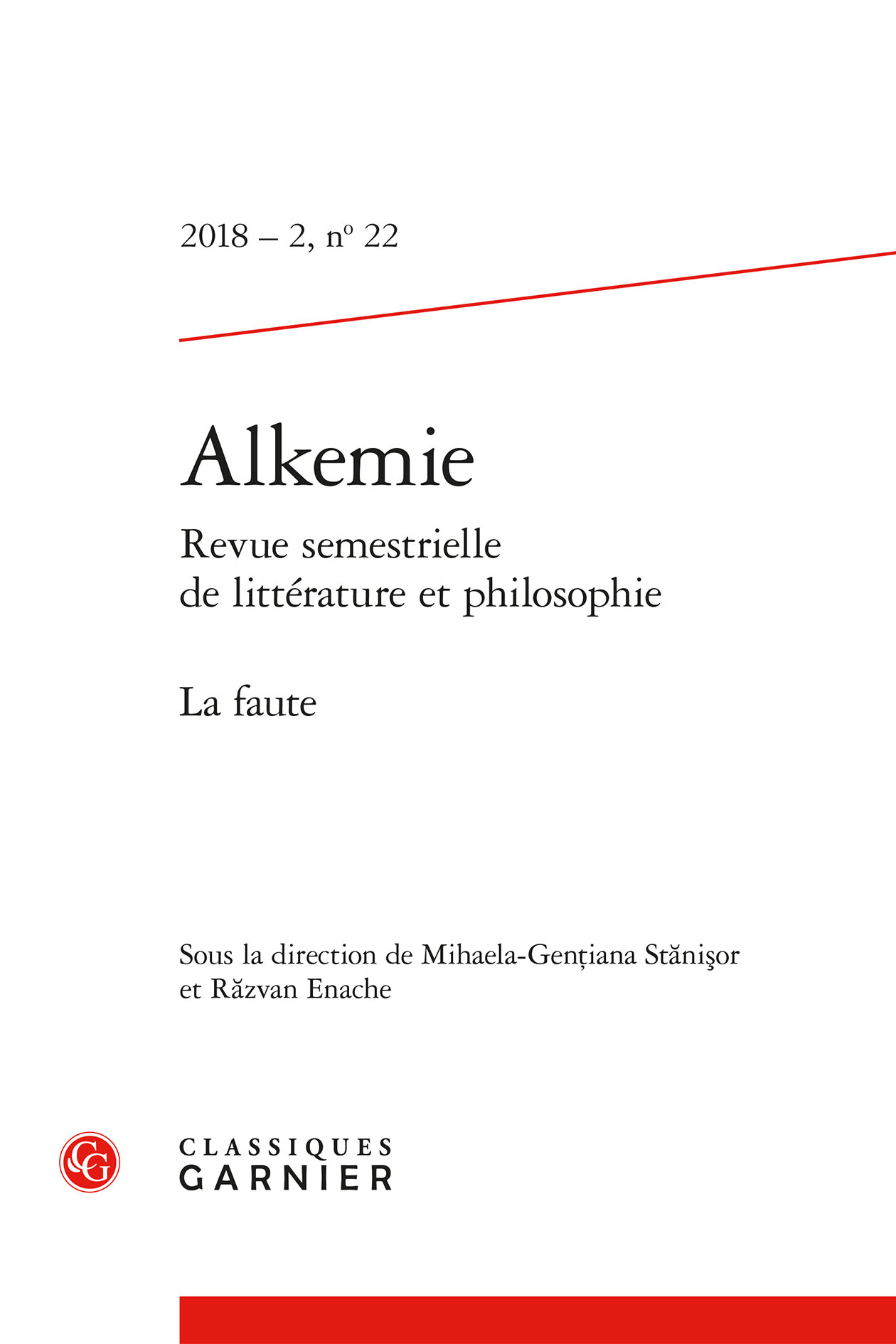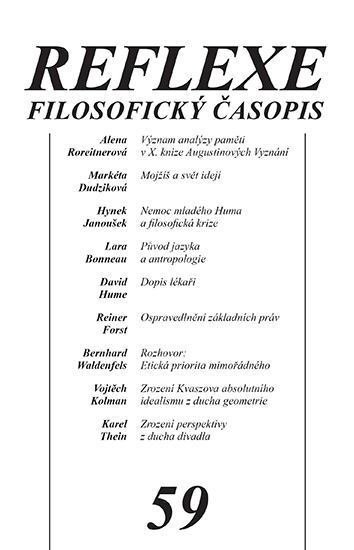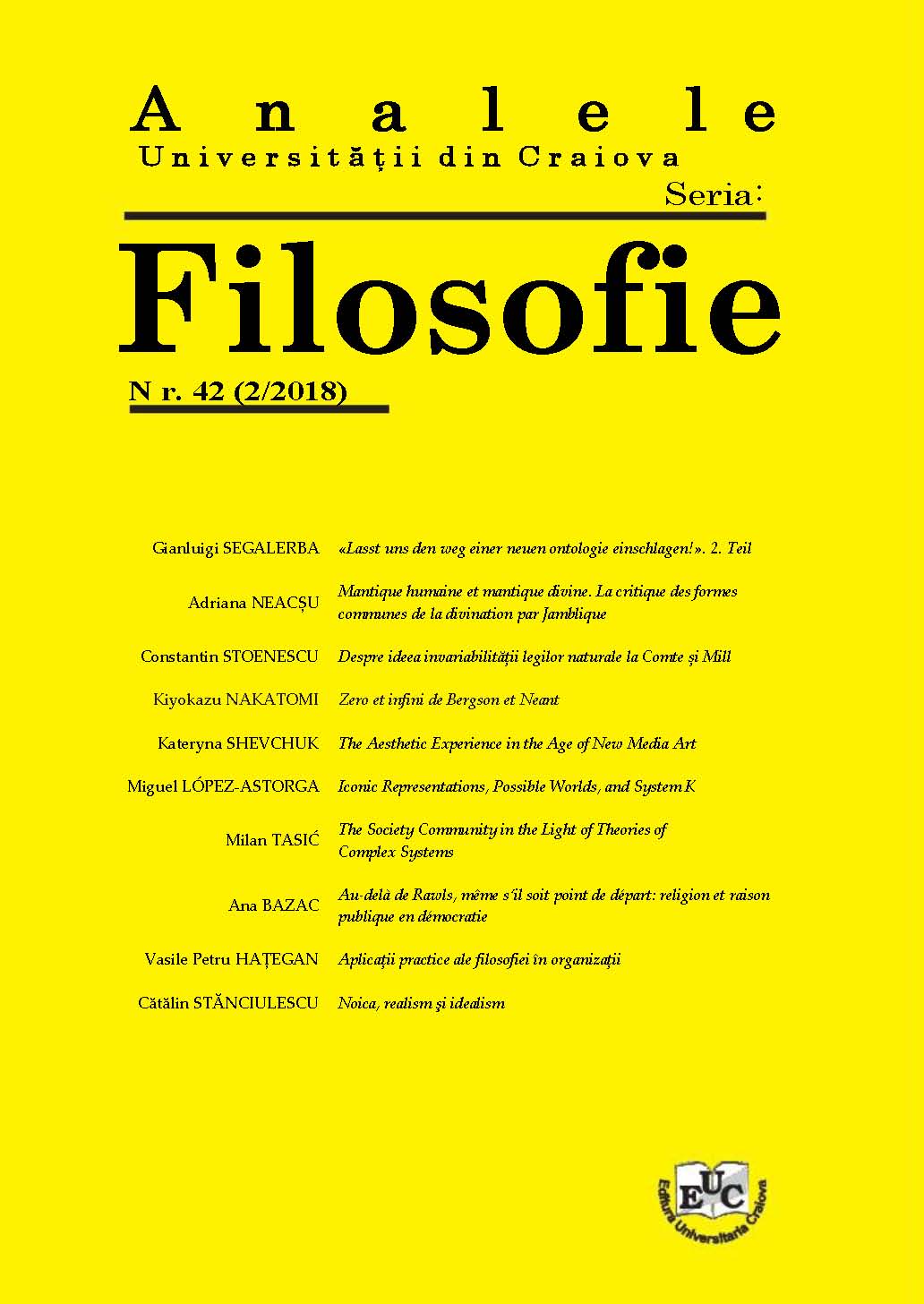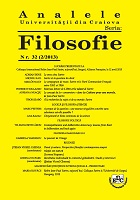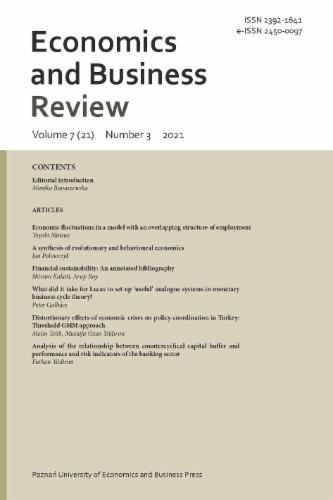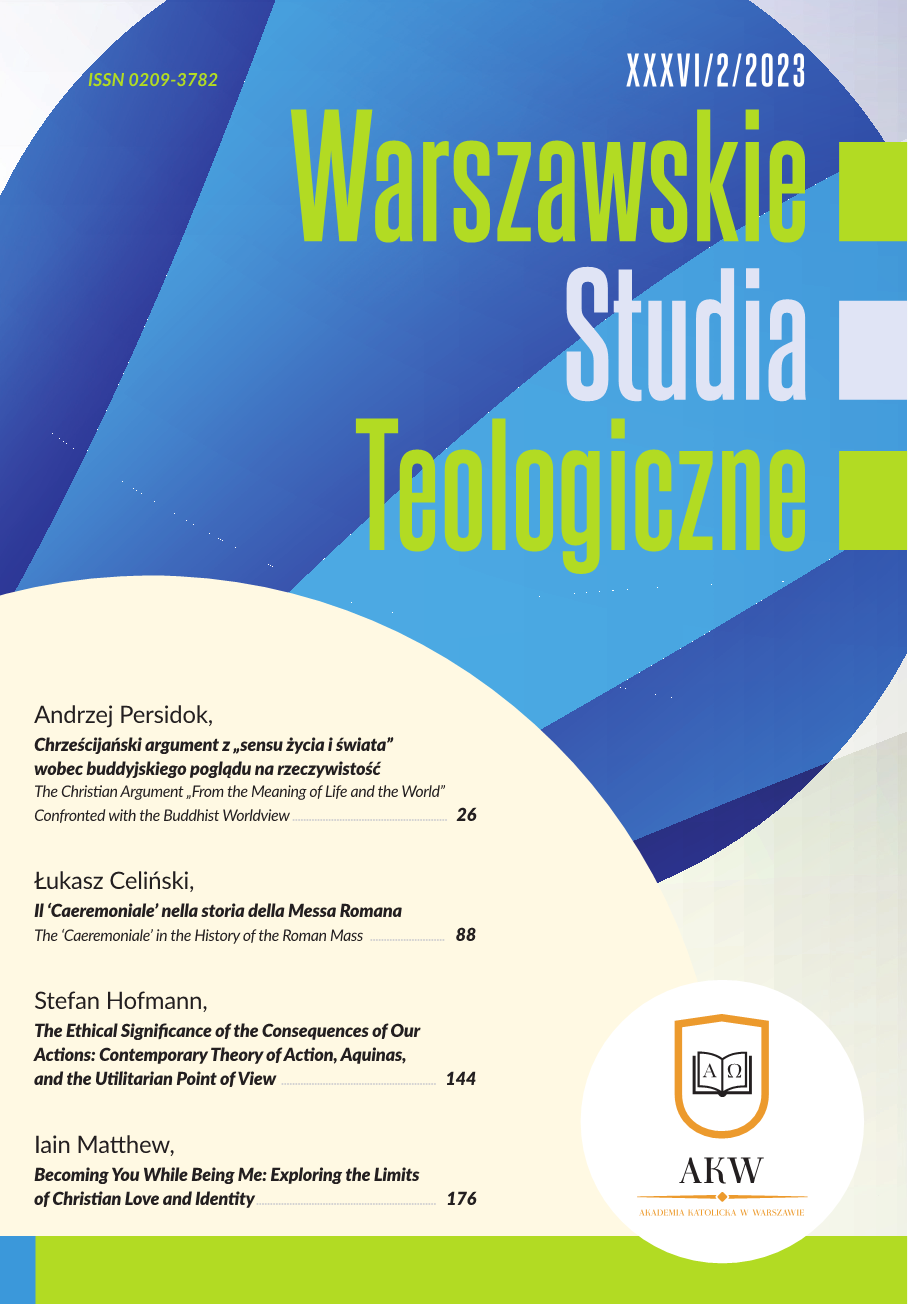
Zwyczaje i obyczaje w filozofii prawa Herberta L.A. Harta
The purpose of this paper is to provide an analytical framework – derived from the Herbert L.A. Hart’s philosophy of law – for the study of the phenomenon of habit and custom from the perspective of normativity. Its starting point is the Hart’s concept of “internal aspect of rules” (recognition of obligation) as a necessary criterion for the rule’s normative character (“external aspect” is a punishment or a reward). The internal aspect exists in two forms: the “recognition” based on specific rules (applicable to the legal systems), and “acceptance” (of already existing practice). The concept of acceptance reveals a difference between habit (merely collective practice) and custom, by capturing the normative character of the latter (as a collective practice that has been accepted as obligatory). The formation of the customs – by way of unprecedented punishment (sanction) of a rule’s violation – reveals the ambiguity of the term “sanction” as referring to not only the external aspect, but also to internal aspect of rules.
More...
